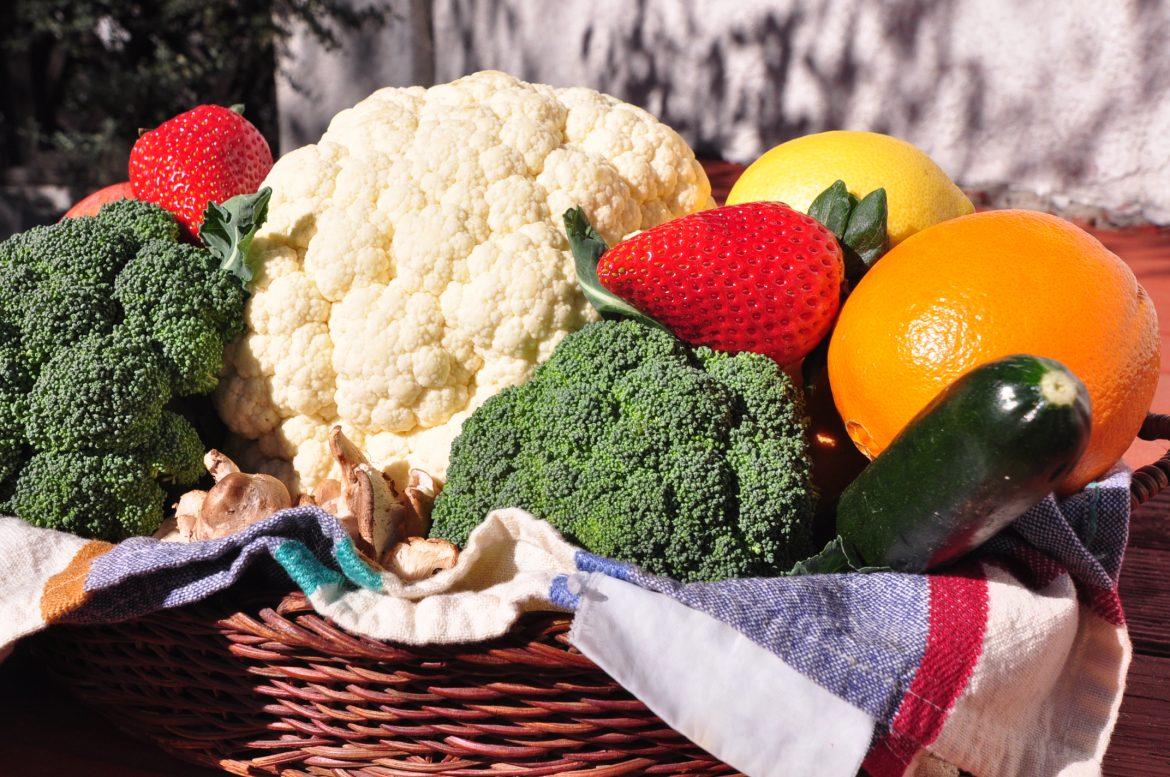
Put down the energy drinks, step away from the potato chips and wean yourself off triple-shot caramel lattes from the local coffee shop. By swapping over-processed, over-caffeinated products for natural alternatives, your health, and your grades, stand to improve. Although it can be difficult to eat well between all the midterm assignments and tests, these healthy options will help keep you on your toes and enhance your mental vitality. This week, discover the hidden secrets waiting to be unlocked in everyday foods, what prepackaged foods to eat or avoid and how to boost the nutrient density and flavor of the stereotypical brown-bag lunch. The hardest decision you’ll have come test time is which lunchbox you’ll be using– the vintage, R2D2 clamshell, or an insulated, Dalek tote.
Get better acquainted with As and Bs, forget the Cs
Stress and procrastination are common symptoms of the test-taking blues. To remedy the negative side-effects brought about by studying sickness and writer’s block, turn to the grocery aisle instead of the pharmacy. A daily dose of fruits, vegetables and even chocolate may expedite healing time and positively impact mental aptitude.
Fight Free Radicals, Brah!
Blueberries– Don’t hesitate to be greedier than Veruca Salt when it comes to these little, blue orbs. Not only are blueberries naturally sweet, they are also filled with powerful antioxidants to help combat free radicals in the body. Free radicals attack and destroy cells, including brains cells, which greatly impact the efficacy of cognitive functions such as memory retention.
Another Willy Wonka Reference…
Dark Chocolate– Feel like your head’s about you explode? Chill out and carve out a hunk of your favorite dark chocolate bar to calm your nerves. When consumed in moderate amounts, the polyphenols present in chocolate have been proven to lower blood pressure and promote blood flow within the body’s circulatory system. Although dark chocolate does contain caffeine, the 20 milligrams you will ingest in a one-ounce serving is around four times less than in a one-fluid ounce shot of espresso.
Alpha and Omega-3
Salmon– The omega-3 fatty acids present in fish are routinely lauded for their ability to assist with healthy brain development. Omega-3 fatty acids, or docosahexaenoic acid (DHA) for all you chemists, aid the maintenance of cell membranes which transmit brain signals. Pregnant women are routinely recommended to up their intake of omega-3, and low levels of DHA has even been linked to patients experiencing emotional distress. So, if you can’t find salmon at the local market don’t lose your cool, any fish will do just fine.
Eat Like Rabbits Do
Spinach– Adequate iron intake is a crucial part in the body’s the transmission of blood to organs and muscles. Meaning, Popeye was not only physically strong but mentally buff as well, minus the whole tobacco pipe thing he had going on. Much like water hydrates the body, proper iron consumption is vital to the neural network of the brain. Memory retention, speed and cognition are all negatively affected by iron deficiency. Additionally, spinach is a good source of vitamin C, so you shouldn’t have to worry about getting scurvy– presumably, this is why Popeye few solo all those years.
Lean, Mean and Green
Avocados– Let’s face it, avocados should be in a Californian’s diet every day of the week. Between burritos and guacamole, there’s no excuse not to add an avocado into the mix. Similar to the benefits of eating dark chocolate, eating avocados improves healthy blood flow and lowers blood pressure.
Vampires, Beware
Garlic– The anti-inflammatory properties of garlic are well-documented in cardiovascular health. However, these pungent vegetables are also packed with free radical-fighting antioxidants to help you remember what 2+2 equals and the name of our 45th President (trick question). New studies from the Journal of Neuroinflammation point to new information linking the positive effects of garlic extract-aged (GEA)/Aged garlic extract (AGE) and blood-barrier functions (BBB) in the brain. GEA may be the next step to unlocking vascular-based degenerative brain diseases, such as Alzheimer’s, Parkinson’s and dementia, to name a few.
Hey, Waterboy!
Water– Short-term memory and motor functions are the first things to noticeably decline following the onset of dehydration. Although most people assume that they are adequately hydrated throughout the day, some are actually over-hydrated (a.k.a. water intoxication). Overhydration is the result of expelling large quantities electrolytes, which are taken in by water and processed by the kidneys, throwing your body into imbalance. There’s no need to chug water constantly, but being hydrated is more important than the cumulative effects of all these brain foods combined.





